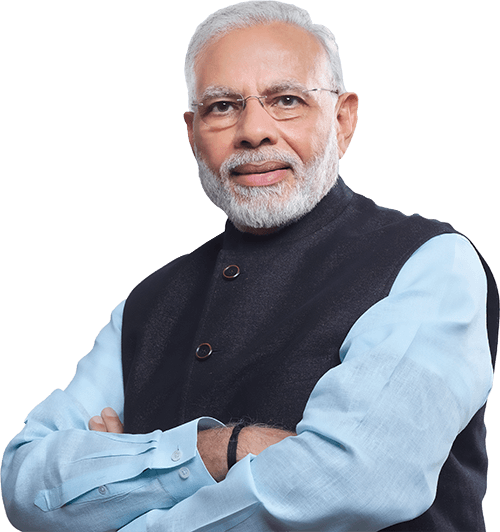
India’s recent election as a member of the United Nations Statistical Commission and the Programme Coordinating Board of the Joint UN Programme on HIV/AIDS is a significant achievement. These appointments are a testament to India’s growing global influence and its commitment to promoting international cooperation and development.
The United Nations Statistical Commission is a body responsible for setting statistical standards and developing global norms and guidelines on data collection, processing, and analysis. As a member of this commission, India will play a crucial role in shaping the global statistical agenda and ensuring that data is accurate and reliable.
Similarly, India’s appointment to the Programme Coordinating Board of the Joint UN Programme on HIV/AIDS is significant in the fight against HIV/AIDS. The board is responsible for providing strategic direction and overseeing the implementation of the joint UN programme on HIV/AIDS. India’s membership on this board will enable it to contribute to the global effort to combat HIV/AIDS, which remains a significant public health challenge worldwide.
India’s election to these bodies underscores the country’s increasing prominence and influence in international affairs. It also highlights India’s commitment to working collaboratively with other nations to address global challenges and promote sustainable development.
India has been an active participant in the United Nations and has contributed significantly to various UN bodies and programs. As a developing country, India has emphasized the importance of promoting economic growth and social welfare while also addressing environmental challenges and promoting peace and security.
India’s election to these UN bodies is a significant achievement that reflects the country’s growing role in shaping the global agenda. It also underscores India’s commitment to promoting international cooperation and development to address some of the world’s most pressing challenges.








